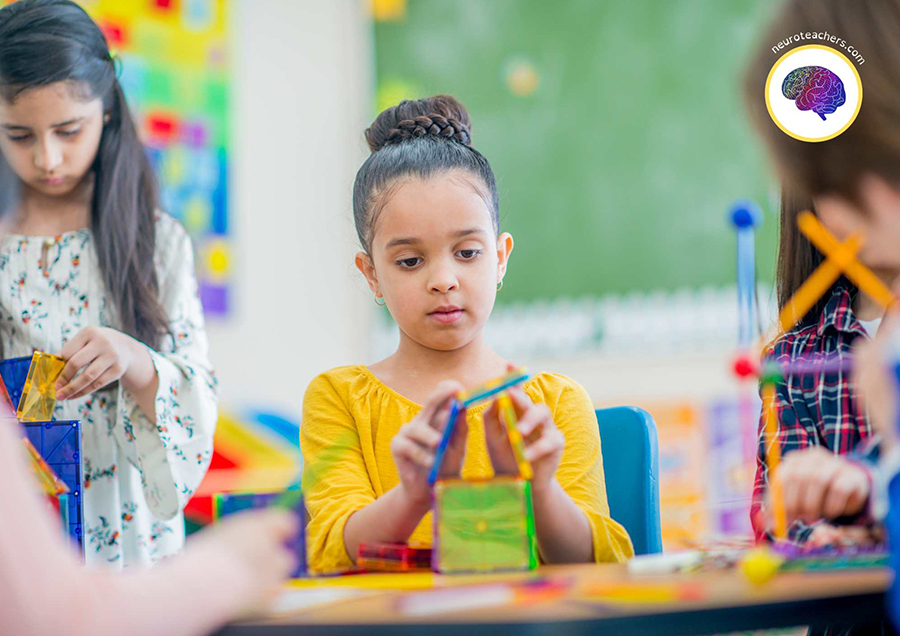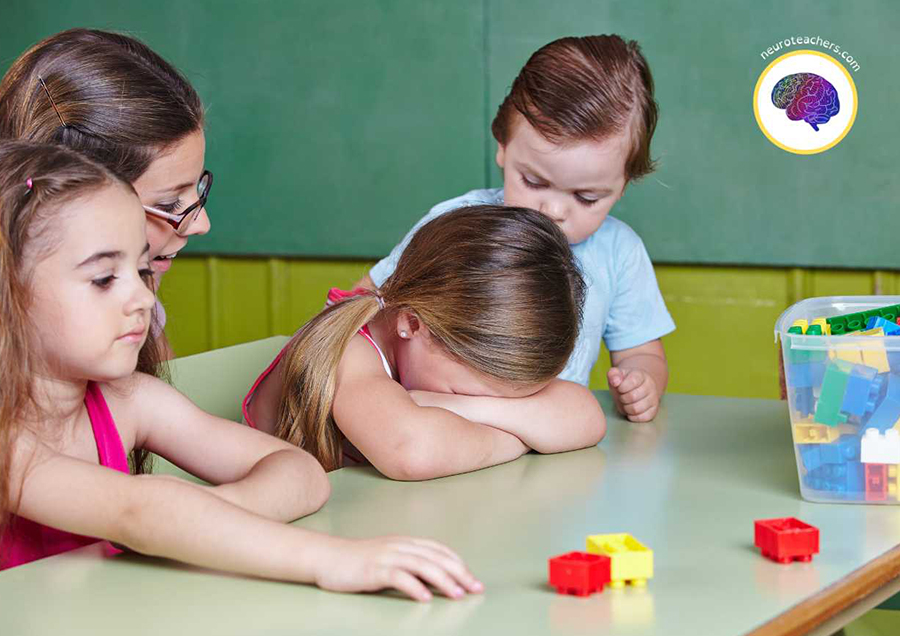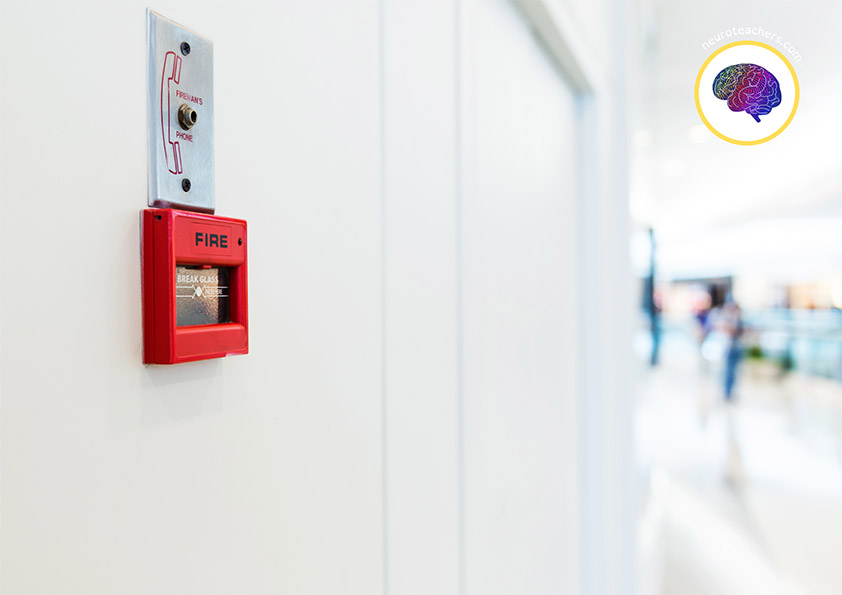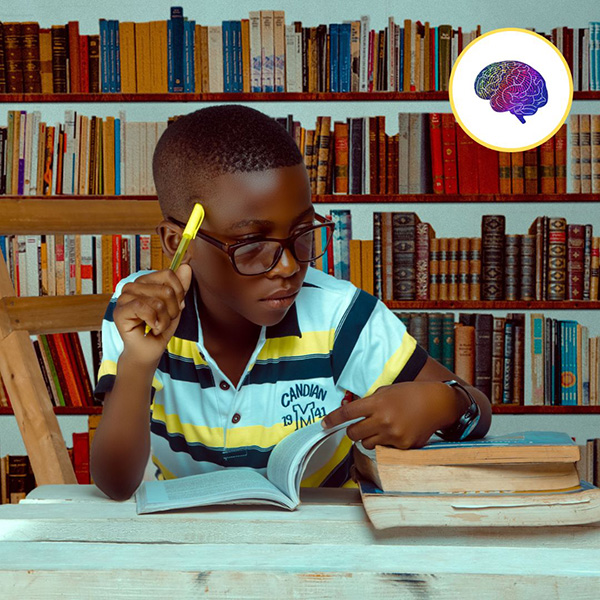Neurodiversity in Schools Differentiation tip 5
Neurodiversity in Schools Differentiation tip 5 Prioritisation: which exercise question or task to select for your Neurodivergent pupil No, we are not going to ‘dumb down’ the task for our ND learners. This isn’t ‘all, most, some’ or ‘death by 100 worksheets’. It’s looking at the materials, tasks and skills and thinking which parts of the learning […]
Neurodiversity in Schools Differentiation tip 5 Read More »










